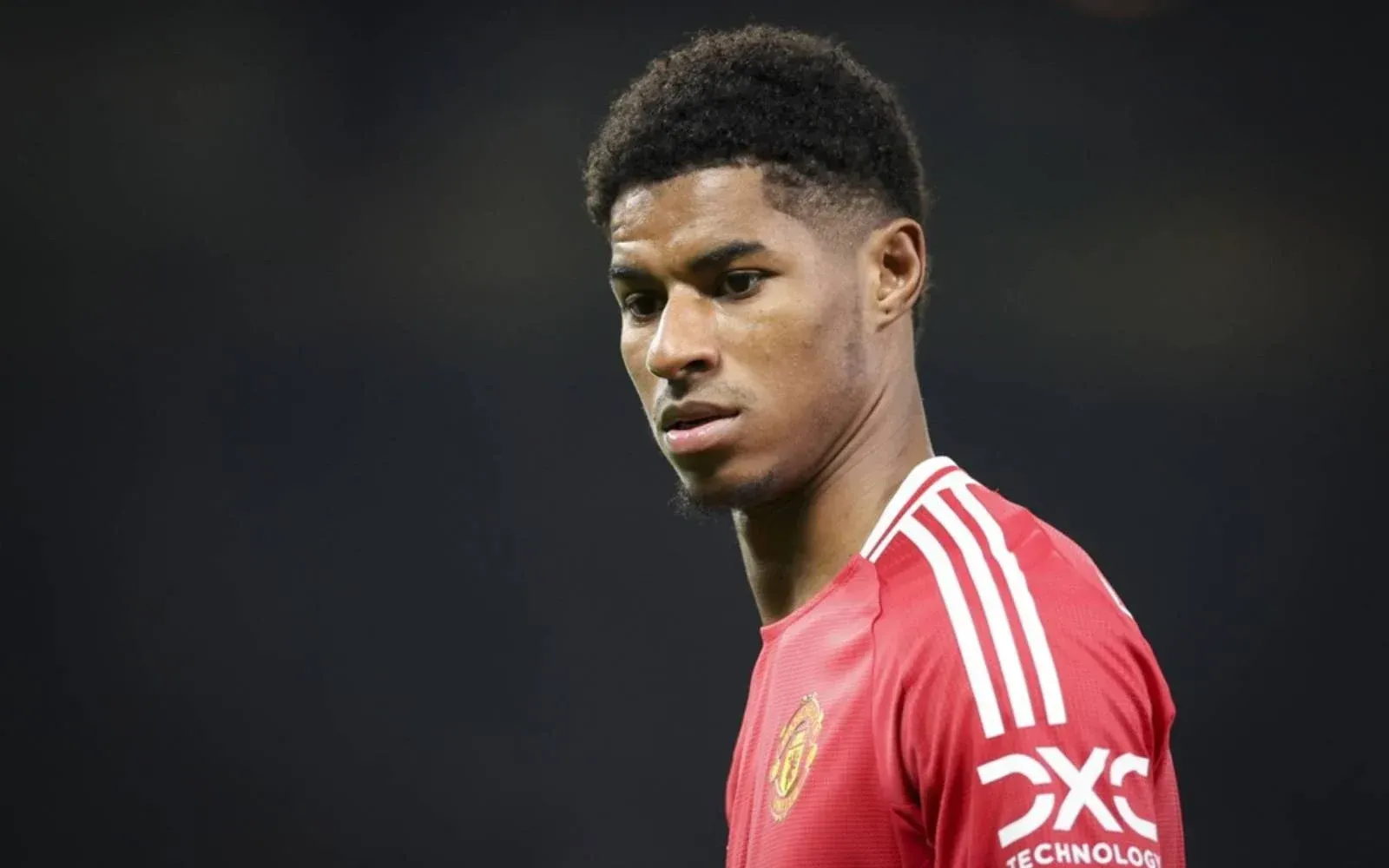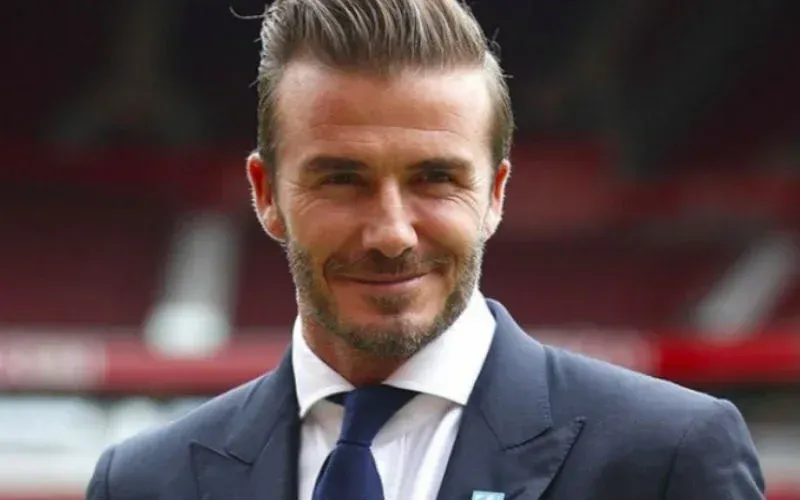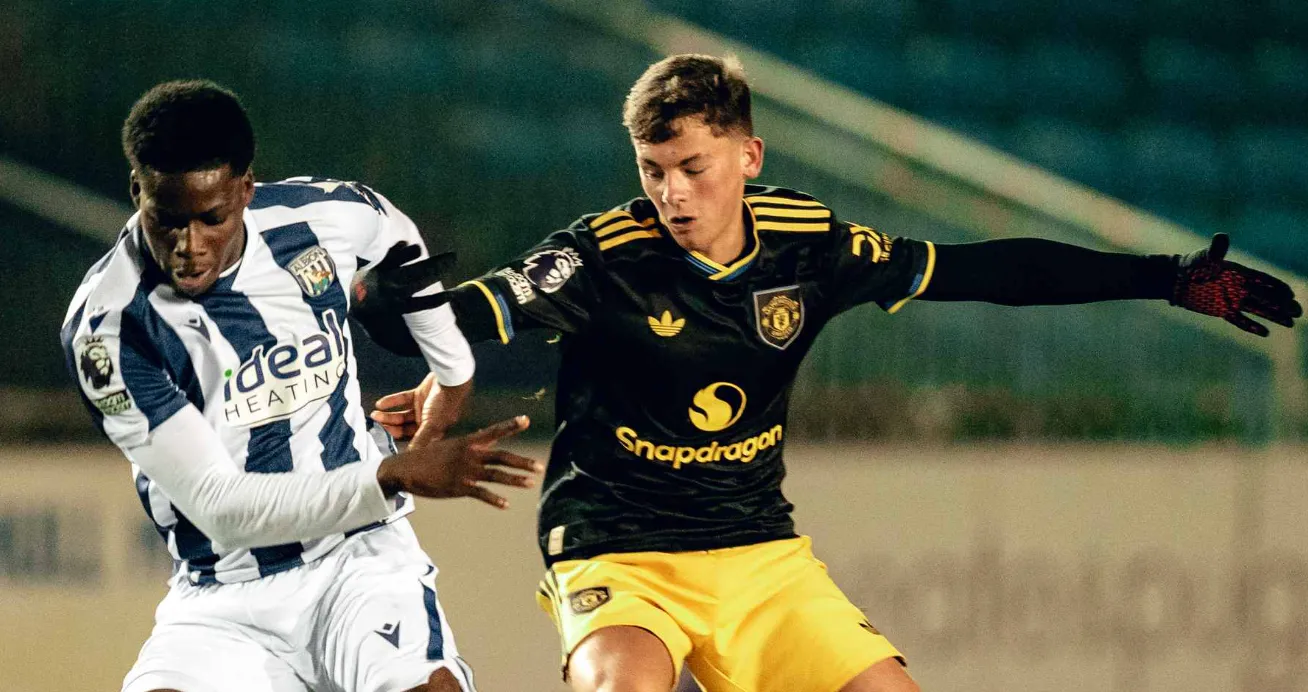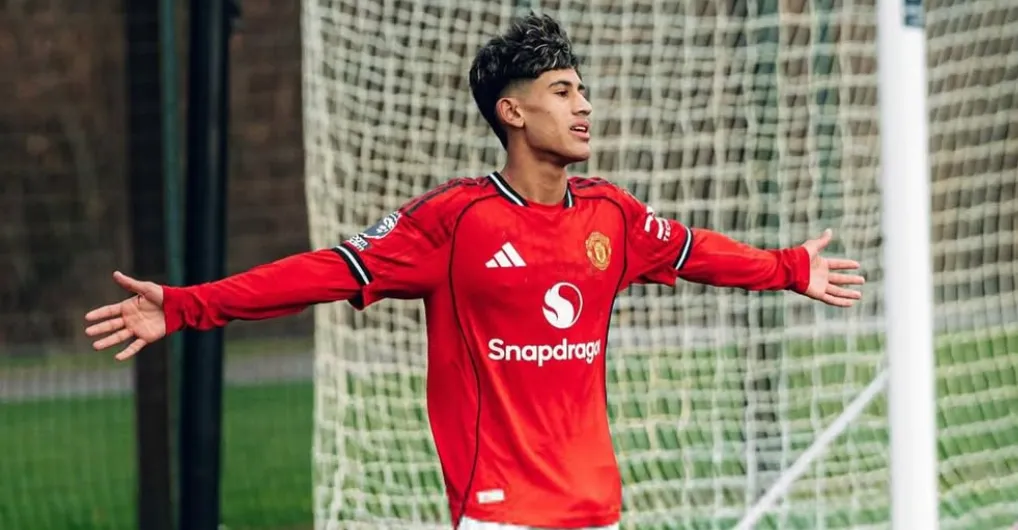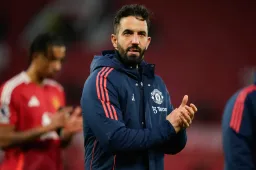Greedy Glazers 'trick' to continue sucking money out of Manchester United
OpinionsSaturday, 04 January 2025 at 13:33

Manchester United have crumbled as a force while the Glazer family has become ever richer at its expense.
It is undeniably audacious what the Glazers have done and how they have taken the richest club in the world to create wealth for themselves.
And now they have Sir Jim Ratcliffe in the firing line to answer criticism from angry fans.
The Glazers executed a highly leveraged and hostile takeover of Manchester United 20 years ago, transferring much of the financial burden onto the club itself.
Since then, an astounding £815 million has been drained from the club in interest payments alone—funds that could have significantly addressed United’s ageing stadium and infrastructure issues.
In 2012, the Glazers made the club public on the New York Stock Exchange. The IPO allowed them to sell around 10% of the club, but they structured the deal with a dual-class share system.
Their Class B shares retained 10 times the voting power of the publicly traded Class A shares. This setup allowed the Glazers to periodically sell Class A shares while maintaining control, raising £465 million for their personal fortunes. They also collected approximately £150 million in dividends over the years.
Fast forward to last year, and the Glazers orchestrated yet another financial coup. They secured a £715 million windfall, primarily through the sale of B shares to Sir Jim Ratcliffe, while still holding over 40% of the club’s shares and maintaining majority control. And this manoeuvre wasn’t even the full extent of their strategy.
Read also
Outsourcing the PR Problem
By granting Ratcliffe control over United’s sporting operations and daily management in exchange for his 28.94% stake, the Glazers effectively shifted the burden of public criticism to the Ineos chairman.
Now, when Ratcliffe discusses United’s decline—referring to the club as “mediocre,” lamenting its lack of elite status, and acknowledging the neglect of Old Trafford and the training ground—the responsibility for fixing these issues lies squarely with him.
The once-relentless criticism directed at the Glazers has been deflected onto Ratcliffe.
Additionally, the Glazers retain an escape clause. If they choose to pursue a full sale in 18 months, they could force Ratcliffe to sell his shares under “drag-along” rights in the deal.
This stipulation ensures that the Glazers could cash out yet again, potentially for another colossal payday, all while remaining insulated from much of the current fan backlash.
A Legacy of Neglect
United supporters, understandably, bristle when Ratcliffe describes the Glazers as “genuinely nice people.”
Maybe they are, on a personal level. Perhaps, as former Manchester City executive Garry Cook once quipped about disgraced ex-owner Thaksin Shinawatra, they’d be “great guys to play golf with.”
But fans cannot overlook the decay that has taken hold during their reign.
Ratcliffe now faces the mammoth task of rebuilding a club brought low by decades of mismanagement.
The decline of Old Trafford and the team’s struggles on the pitch did not happen overnight. These are the consequences of years of neglect and short-termism under Glazer ownership.
Read also
A Stark Contrast
As Manchester United prepare to face arch-rivals Liverpool on Sunday, the chasm between the two clubs has never been more apparent.
Liverpool sit atop the Premier League, 13 places and 23 points ahead of 14th-placed United—despite having played one game fewer.
While Fenway Sports Group, Liverpool’s owners, have faced criticism over the years, their stewardship of the club stands in stark contrast to the Glazers’ tenure at United.
Under the Glazers, United—a global footballing powerhouse—was reduced to little more than a personal cash machine. Fans are left grappling with the fallout, while the Glazers remain financially enriched, yet seemingly unaccountable for the damage they have wrought.
Loading
